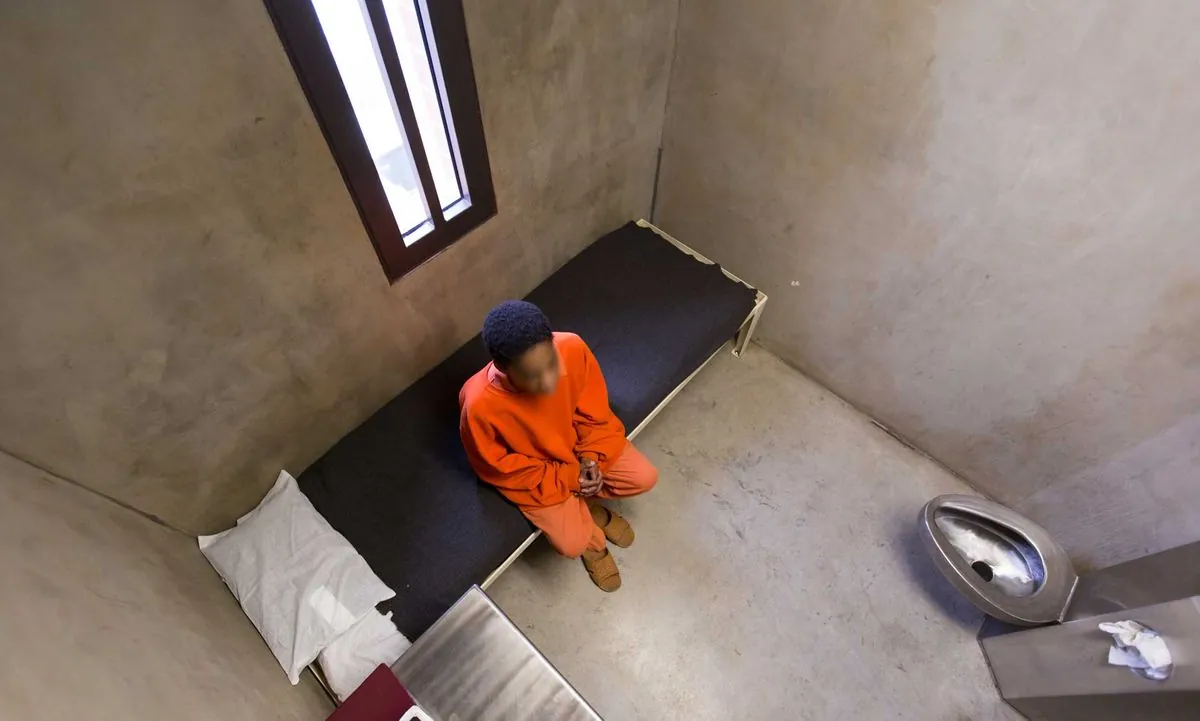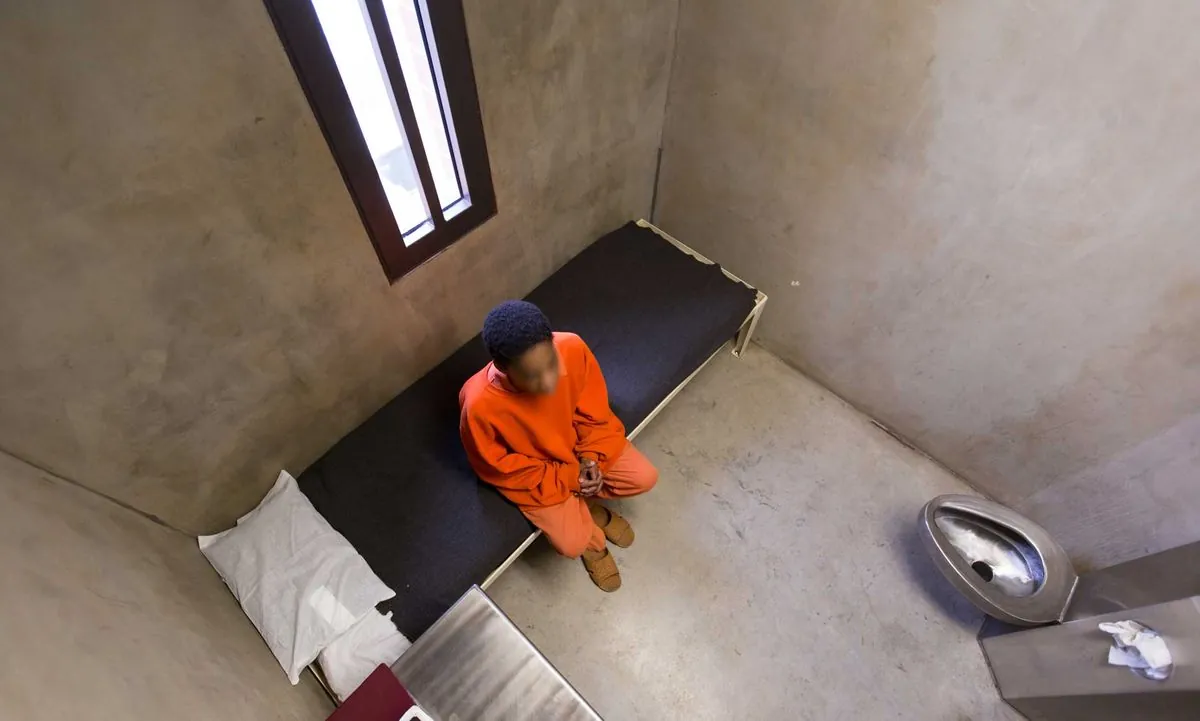UK Youth Custody Crisis: Children Held in Extended Solitary Confinement
Prisons watchdog warns of prolonged solitary confinement in UK youth custody, with some children isolated for over 100 days. Concerns raised about education access and long-term effects on health and behavior.

The UK's youth custody system is facing severe criticism as reports emerge of children being subjected to extended periods of solitary confinement. Charlie Taylor, the chief inspector of prisons, has raised alarm over this practice, describing it as a "serious indictment" of the Youth Custody Service.
According to recent findings, approximately 480 children have been placed in "separation" from their peers in youth offender institutions on more than 1,000 occasions. Alarmingly, 179 cases involved young offenders being isolated for 21 to 100 days, with 21 children experiencing separation exceeding 100 days.
This practice continues despite calls to halt it four years ago, in 2020. The prolonged isolation of young offenders raises significant concerns about their well-being and development. The United Nations considers solitary confinement exceeding 15 days to be a form of torture or cruel treatment, potentially causing lasting mental health problems such as depression, anxiety, and psychosis.
Taylor expressed his disappointment, stating, "It is simply not acceptable that they are separated in the conditions we describe in this report, with the potential for long-term detrimental effects on their health, behaviour and learning."
The reasons for separation vary. While some children are isolated due to violent behavior, others choose to remain in their cells out of fear of being attacked. This situation reflects the high levels of violence and disorder that have dominated young offender institutions over the past year.

The impact on education is particularly concerning. In one institution, 37 children were separated for a total of 453 days in a single month, receiving only 21 hours of education during this time – an average of fewer than three minutes per child each day. This falls far short of the statutory entitlement of 15 hours of education per week for non-separated children.
The Youth Custody Service (YCS), established in 2017 to oversee all under-18 youth custody in England and Wales, faces significant challenges in addressing these issues. The minimum age of criminal responsibility in England and Wales is 10 years old, and Youth Offender Institutions (YOIs) house offenders aged 15 to 21.
The UK government's "Youth Justice Strategy" aims to prevent offending and reoffending by children and young people. However, the current situation suggests a disconnect between these goals and the realities within youth custody facilities.
The UN Convention on the Rights of the Child states that children should only be detained as a last resort and for the shortest appropriate period of time. The prolonged separation practices in UK youth custody appear to contradict these principles.
Organizations like the Howard League for Penal Reform, a UK charity working for less crime, safer communities, and fewer people in prison, have long advocated for improvements in the youth justice system. The current situation underscores the need for urgent reform and adherence to international standards such as the United Nations Standard Minimum Rules for the Administration of Juvenile Justice ("The Beijing Rules").
As of 2019, there were approximately 860 children in custody in England and Wales. The revelations about solitary confinement practices raise questions about the effectiveness of the current system in rehabilitating young offenders and preparing them for life outside custody.
Taylor concludes, "Children's time in custody should provide a vital opportunity to turn their lives around to give them the best chance of leading lives free of crime on release. Sadly, this review finds separated children continue to spend nearly all of their time locked in their cells."
The findings serve as a stark reminder of the challenges facing the UK's youth justice system and the urgent need for reform to ensure the well-being and future prospects of young offenders in custody.


































